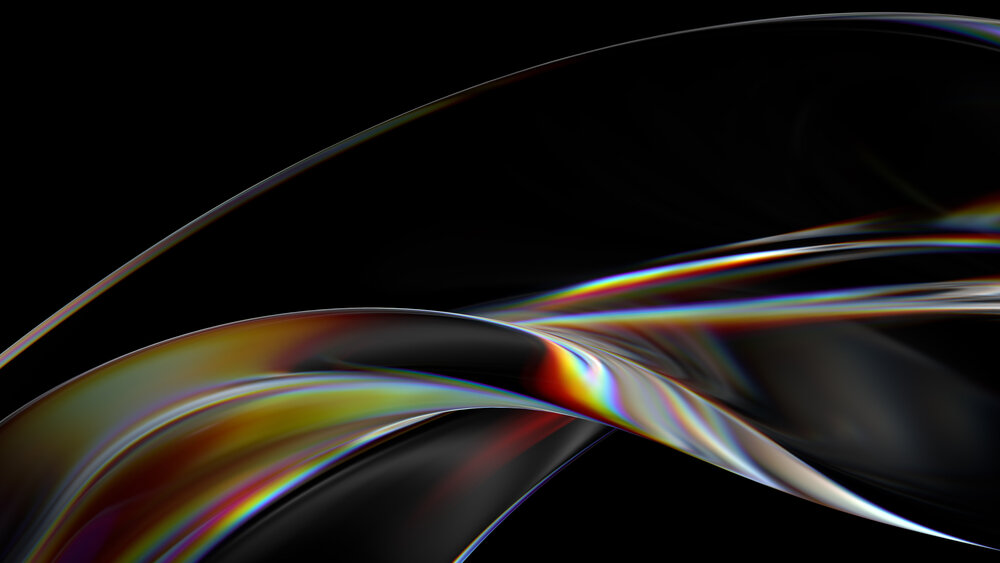
What is the difference between absorptive and interference glass filters?
Optical glass filters use glasses and coatings to select and control a spectrum of light. They are used to transmit or attenuate light, where required. The most common types of optical glass are used for absorption and interference, and the optical filters have properties that are either embedded in the glass as a solid state or applied in a multilayer of optical coatings to create the required effect.
Absorptive optical filters have coatings of different organic and inorganic materials. These absorb certain light wavelengths, allowing the desired wavelengths to pass through. Due to their absorption, the temperature of the optical glass increases during its operation. As they are simpler filters, they can be added to certain materials including plastic to create a more cost-effective solution for light filtering.
The operation of absorptive optical glass filters mostly depends on the properties of the material within the filter, rather than on the angle of the light being filtered. Because of this, they are great to use for reflecting light of an unwanted wavelength, to minimise noise in the optical signal.
On the other hand, interference glass filters are slightly more complicated in their operation. They feature precisely cut filters that are designed to reflect the unwanted wavelengths in an optical signal and transmit the desired wavelength range. The way this works is by the desired wavelengths interfering with the transmission side of the optical filter, whilst the other wavelengths interfere with the reflective side of the optical glass.
What uses do optical glass filters have?
There are three types of optical filters: shortpass filters, longpass filters and bandpass filters. A shortpass filter allows wavelengths that are shorter than the cut-off wavelength to pass through, whilst also reducing the force of longer wavelengths. A longpass filter works oppositely to this, allowing longer wavelengths to pass through and reducing the force of shorter wavelengths. Finally, a bandpass filter lets a particular range of wavelengths through, known as a band, but reduces the force of all wavelengths around the band.
Optical filters are extremely important in intricate work like laser experiments. Laser safety glasses, for example, are optical filters that you can use to protect your eyes. The importance of these filters is key for a number of industries, including science and medicine. Optical glass can also be used in creative industries, such as photography and stage management, and other professional industries including avionics and security.
